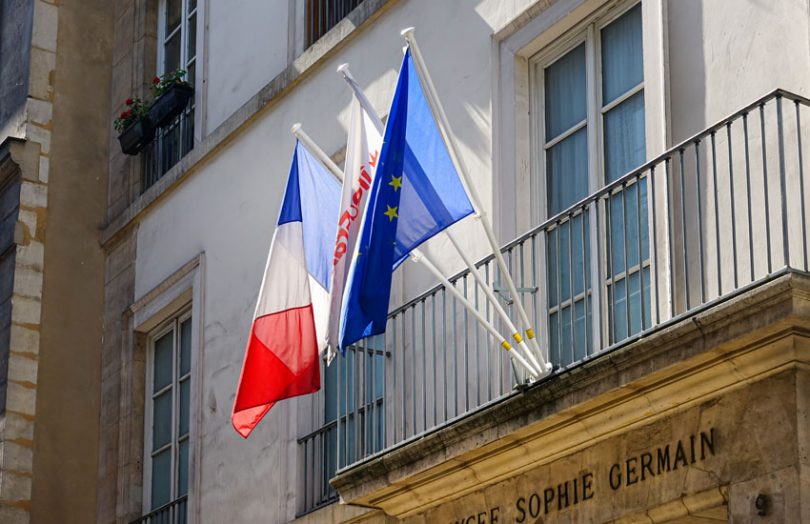The French regulator Autorité des Marchés Financiers (AMF), has examined the legal obstacles to deploying blockchain for security tokens. It suggests the creation of a European digital lab or sandbox where national regulators can relax legal requirements.
AMF’s legal review
The AMF acknowledges that security tokens are garnering interest from both blockchain ecosystems as well as incumbents. It sees tokenization as a natural step in the automation of post-trade processes.
In the report, the regulator explored two legal aspects. Firstly the issue and sale of tokens and secondly, their inclusion in investment funds. For funds, they didn’t see a major regulatory impediment at either a French or European level, and recommended asset managers should apply to the AMF to update their license.
For the issue and sale of tokens, where it is a centralized DLT platform, parties can comply with existing licensing requirements. But it’s more challenging for decentralized blockchains because a manager can’t be identified.
AMF outlines a situation where listing buy and sell orders without processing them may not require approval under the MiFID 2 Directive.
It’s the settlement and delivery where legislation currently requires a central securities depositary.
AMF’s suggested approach
The sandbox or digital lab would allow national regulators to wave certain requirements. However, the AMF suggests a trade-off. Hence, the exemption would only be allowed if there is compliance with key regulatory principles and there is a higher level of oversight by the regulator.
The AMF paper is part of a series to be released by the regulator. It previously published a working document aimed at encouraging the European Commission to develop a European digital strategy for financial services.
Consistent with today’s legal paper, it recommends that the involvement of intermediaries is outdated in the age of blockchain. And it wants to see any approach as technologically agnostic, hence allowing for public blockchains.







